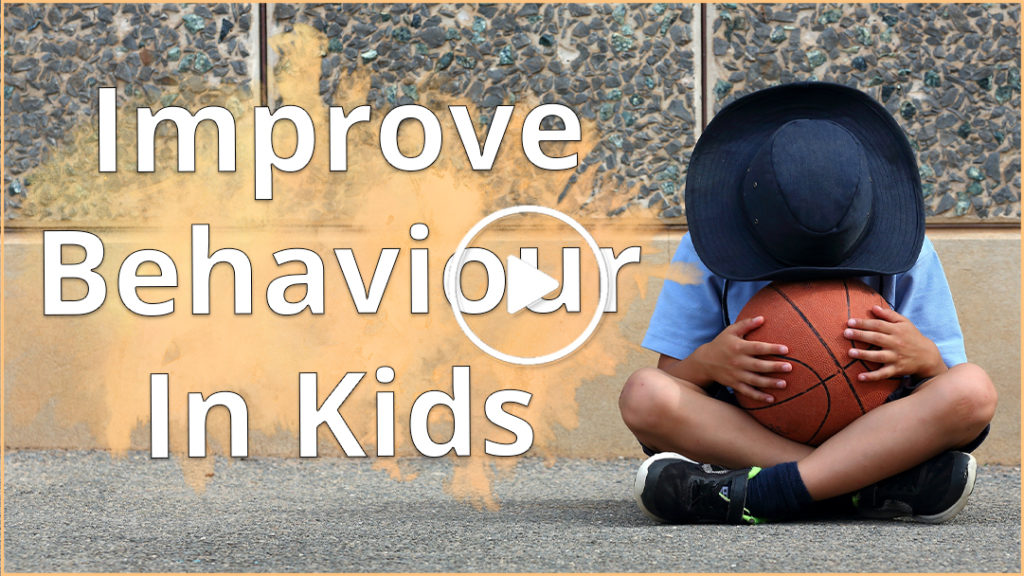What do I do when a child has set one of their friends against another?
Q: What do I do when a preschool child has set one of their friends against another?
9 healthy snacks for kids that they will love
If you’re looking for kid-friendly snacks that are healthy, delicious and easy to make, read on for some healthy snacks for kids recipe ideas.
5 tips to handle after-school meltdowns (Animation)
We’ve all been there, you’re at home when suddenly the kids storm through the door and release their emotions after a school day. 🤦♀️Psychologists call it “after-school restraint collapse”.
Cyber safety: Keeping your children safe from predators
We talk to child cyber safety experts about the six things about our children we should never share online.
5 tips to handle after-school meltdowns (Interview)
But why do children meltdown after school? And how can we help children through meltdowns?
Children’s food allergies: Signs and symptoms
Find out more about the diagnosis, management and treatment of food allergies—and how you can help your children avoid them.
12 life lessons your children need to learn
With all the distraction and overstimulation that devices bring, children are not building up useful “reservoirs of knowledge” they can draw on in coming years.
A teacher’s perspective on children’s milestones
This teacher reminds us that while developmental milestones for children are helpful, there’s something else that’s more important.
Dear mum with that noisy kid in church
“I notice the wriggles and giggles, the crawling under the pews. I notice the growing pile of crumbs and wrappers.”
Kids playing sports? Here are 5 things you shouldn’t do
As parents navigating the ups and downs of the sporting world, what are some of the opportunities to grasp, priorities to hold onto and dangers to avoid?
Why I want my kids to fail
I have posed a challenge to my kids: To try something that they may potentially be bad at.
5 mistakes parents make when teaching children about money
To help start the conversation about money with your children, here are our tips on the common mistakes parents make.












